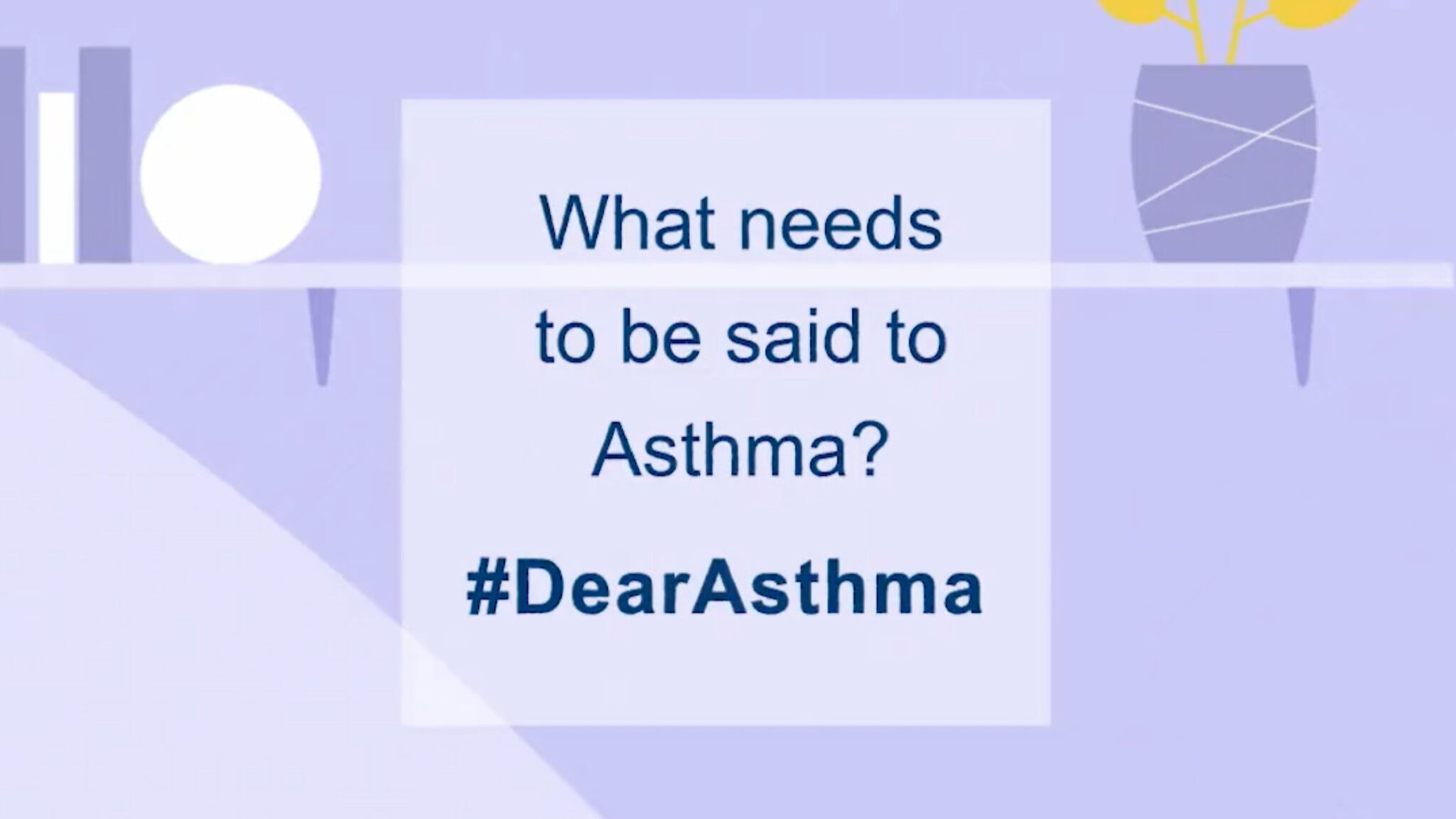
Amgen's Twitter campaign #DearAsthma inspired thousands of people to express struggles and frustrations with the disease
Amgen’s #DearAsthma sponsored tweet lands big on game day, sparking thousands to respond
Amgen wanted to know how people with asthma really felt about daily life with the disease. So it bought a promoted tweet on Twitter noting …
Sign up to read this article for free.
Get free access to a limited number of articles, plus choose newsletters to get straight to your inbox.